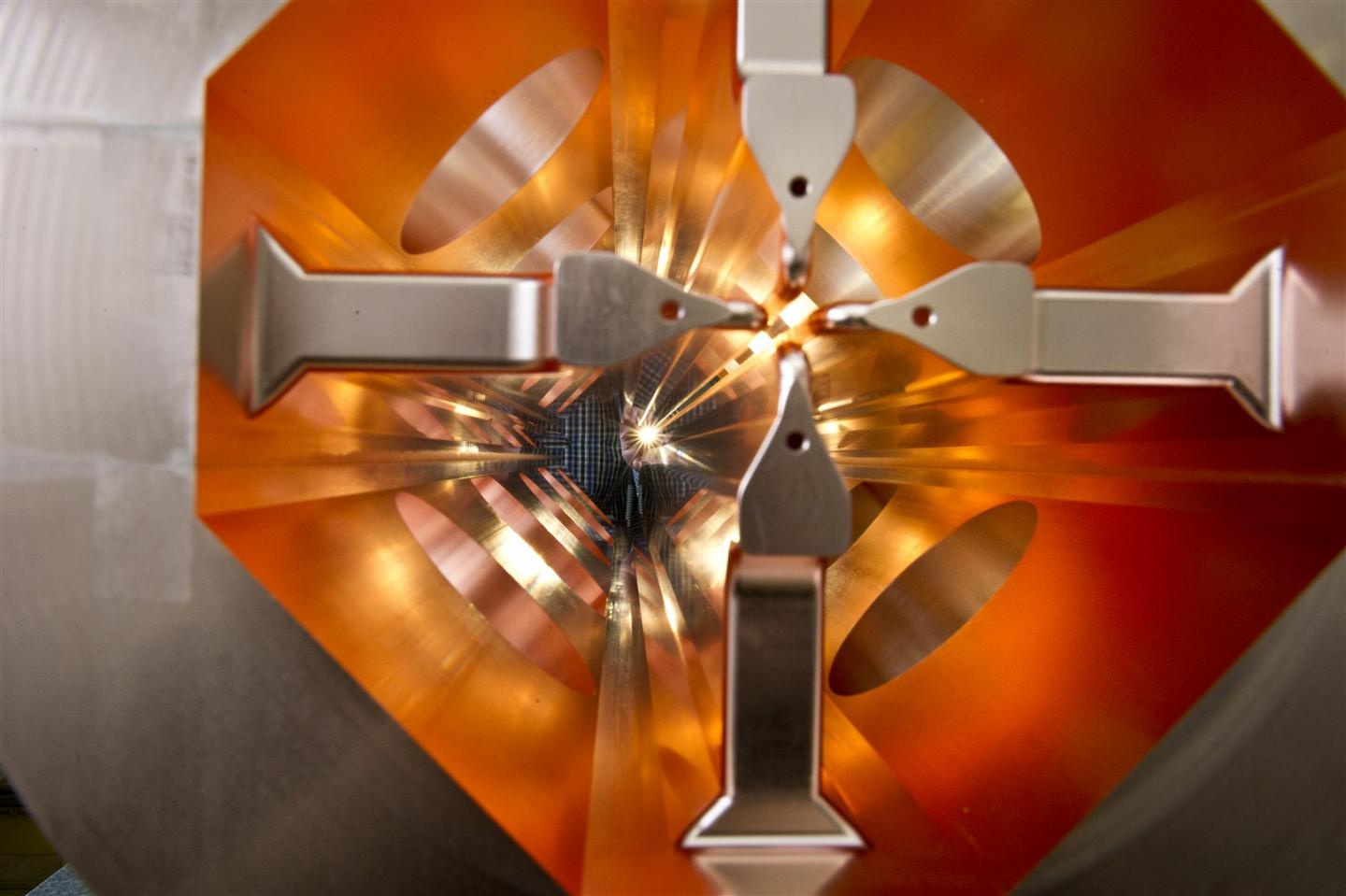A portable Radio Frequency Quadrupole (RFQ) accelerator is expected to open up new possibilities for the analysis of fine art and cultural artefacts. It will employ a technique called Particle Induced X-ray Emission (PIXE) to measure the elements present within a sample exposed to a beam of low-energy particles. This will enable on-site studies of artworks – including, for example, which pigments were used, and if the piece is genuine. The project, named MACHINA (Movable Accelerator for Cultural Heritage In-situ Non-desctructive Analysis), is a collaboration between the Italian Istituto Nazionale di Fisica Nucleare (INFN) and CERN, through its cultural heritage network CHNet. The Opificio Delle Pietre Dure, one of the world’s leading institutes in the field of art restoration, will be the first user.
Bringing Portable Accelerators Into Museums
Bringing Portable Accelerators Into Museums

Application Domains
